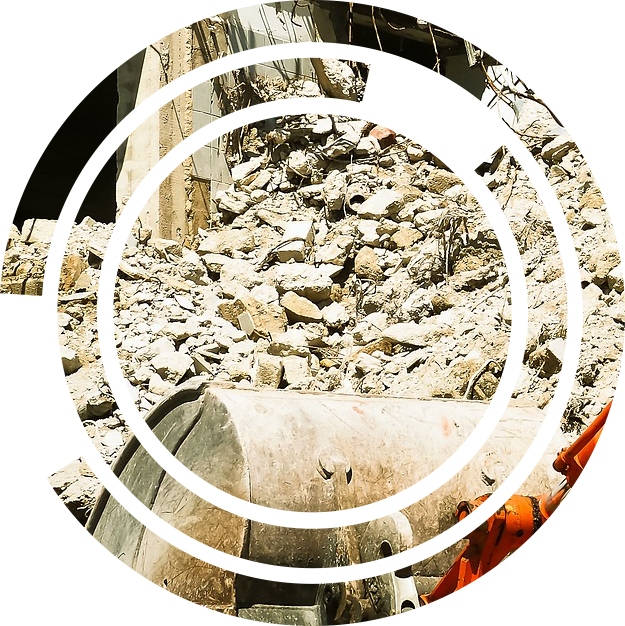
What types of insurance do debris removal businesses need?
These policies provide coverage for the most common debris removal risks.
General liability insurance
This policy covers basic lawn care risks, such as lawsuits over accidental property damage. Bundle it with property insurance for savings in a business owner's policy.
BEST FOR
-
Slip-and-fall accidents
-
Damaged customer property
-
Libel or slander lawsuits
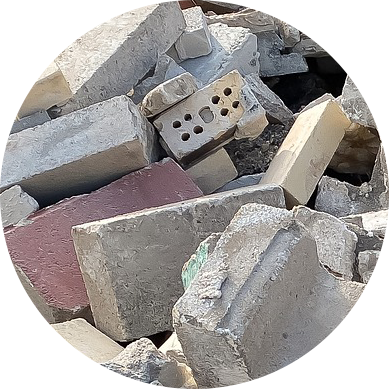
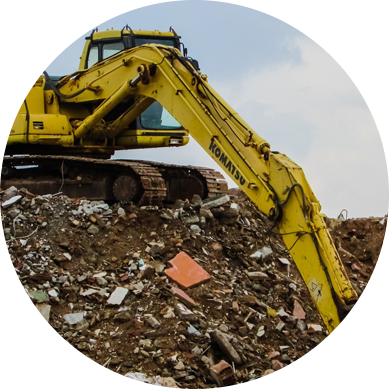

Workers’ compensation insurance
Workers’ compensation insurance is required in almost every state for debris removal businesses that have employees. It can cover medical bills for work-related injuries.
BEST FOR
Employee medical expenses
Missed wages
Employee injury lawsuits

Commercial auto insurance
This policy covers third-party injuries and property damage caused by debris removal company vehicles, as well as repairs to vehicles damaged by weather or vandalism.
BEST FOR
-
Physical damage and collision coverage
-
Injuries caused to another person
-
Vandalism and theft

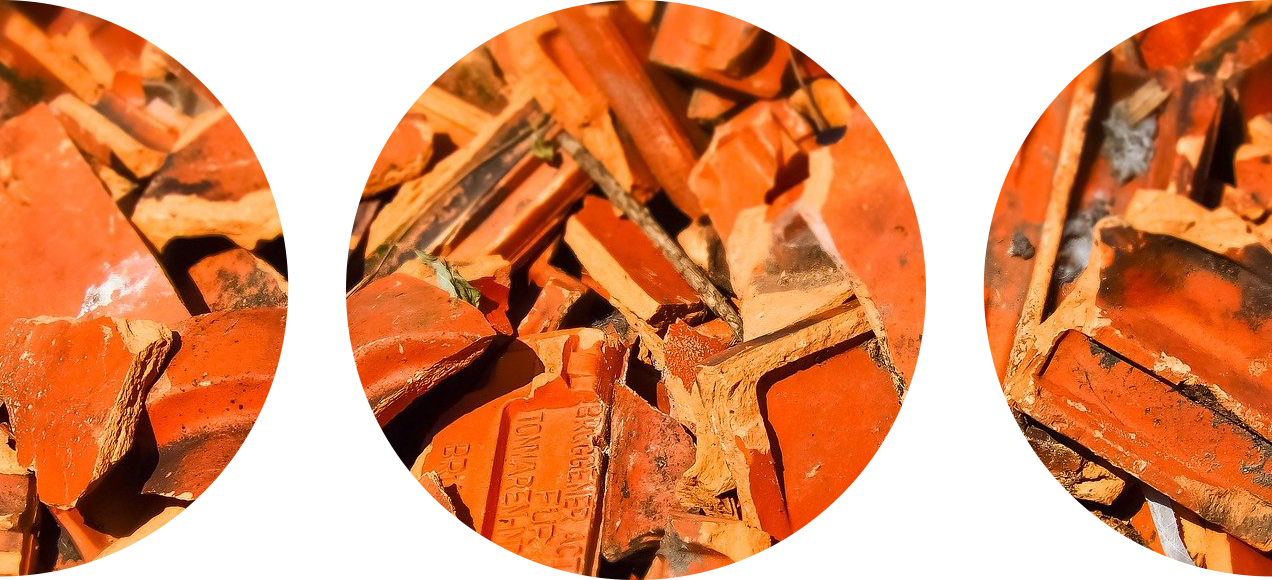
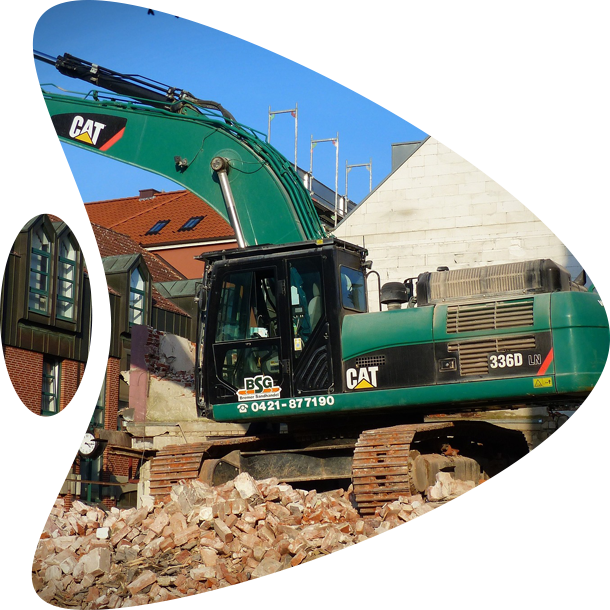
Contractor’s tools and equipment insurance
This policy helps pay for repair or replacement of a debris removal contractor’s tools if they are lost, stolen, or damaged. More valuable equipment may need inland marine insurance.
BEST FOR
-
Equipment less than five years old
-
Mobile equipment
-
Small tools
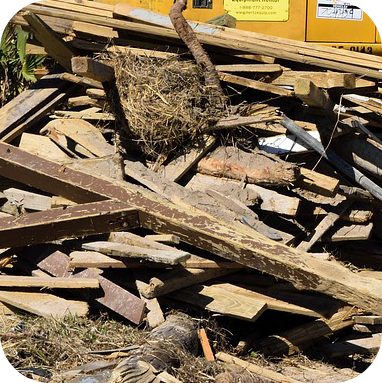
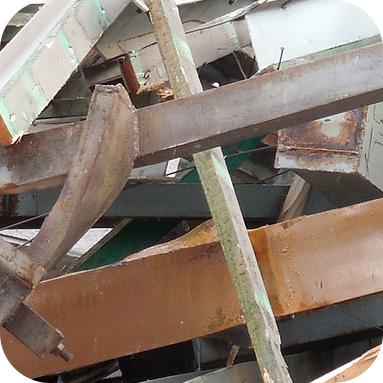

How much does insurance cost for debris removal businesses?
Several factors will have an impact on insurance costs, including:
Debris removal services offered
Business equipment and property
Revenue
Location
Number of employees
Why do debris removal contractors need business insurance?
As a debris removal professional, you clear construction sites, dispose of hazardous materials, and often help communities after natural disasters. Your work is both vital and dangerous. Debris removal insurance can cover expenses related to injuries, equipment theft, and other risks you face daily.



























